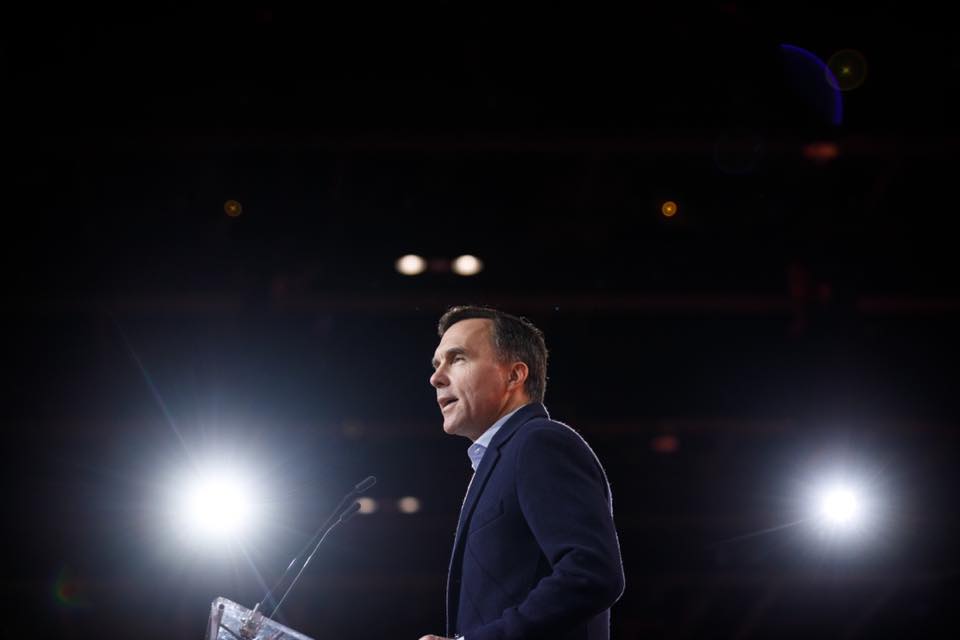
OTTAWA — Finance Minister Bill Morneau is poised to announce billions in federal aid to help cushion the financial shock of the COVID-19 outbreak on Canadians.
The sweeping economic package is expected to be worth $20 billion or more.
It is expected to include measures to get direct payments to Canadians so that they can afford to follow the advice of health professionals to stay home as much as possible to prevent the spread of infection — possibly through a temporary increase in the Canada Child Benefit and grants to workers who don’t qualify for employment insurance.
The aid comes on top of the $1 billion the federal government has already committed for provincial health care systems, research, protective equipment, relaxed employment insurance rules and economic stabilization.
And it’s on top of the $10 billion in credit support that it has been made available to businesses.
Deputy Prime Minister Chrystia Freeland says the government is looking to emulate what countries like Singapore have done.
Singapore has devoted roughly one per cent of the value of its economy on measures like wage supplements to help businesses retain workers, business tax credits, cash to innovate once consumer spending rebounds and targeted aid for particularly hard-hit sectors like tourism and air travel.
In Canada, one per cent of the gross domestic product would amount to roughly $20 billion. However, some premiers have warned that at least twice that will ultimately be necessary.
“Canada is in a fortunate position in that we have the fiscal firepower to act and we will,” Freeland said Tuesday.
“And I really want to assure Canadians that the federal government will do what it takes to get us through this crisis and to ensure that Canadian workers, Canadian businesses are in a position to come roaring back when the measures imposed by social distancing can be set aside.”
Prime Minister Justin Trudeau has said the government will announce changes later this week to the imminent tax filing deadlines, to give individuals and businesses more flexibility.
Economic growth in Canada and around the world, already sluggish before the outbreak, has slowed to a crawl, with many economists predicting a global recession.